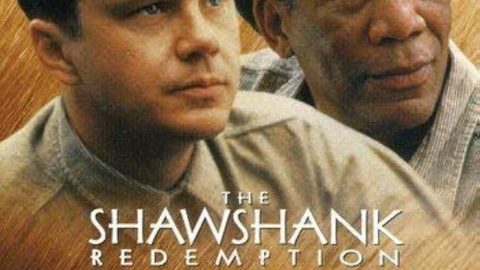Lights, camera, AI! The film industry is no stranger to technological advancements, and the latest buzz is all about the utilization of artificial intelligence (AI) tools. With AI, filmmakers can improve their storytelling abilities and streamline their workflows, ultimately making the production process more efficient and effective.
One of the most significant areas where AI is making an impact in the film industry is visual effects. Traditionally, VFX work was time-consuming and labor-intensive, but AI-based tools have made it more accessible and efficient. From generating realistic facial expressions to creating high-quality synthetic images, AI-based VFX tools are revolutionizing the industry.
But AI is not just useful in the production process. It’s also making its mark in pre-production and post-production stages. Scriptbook is a prime example of an AI-powered tool that analyzes a script and predicts its success at the box office. Meanwhile, Adobe’s Sensei and aspects of Blackmagic Design’s DaVinci Resolve are a few among the many emerging AI tools that streamline the post-production process, from color grading and resolution up-sampling, through to to audio mixing and even music generation.
It’s not just behind-the-scenes work that AI is transforming; it’s also making a significant impact in the marketing and distribution of films. With the vast amount of content available online, AI-powered tools like ScriptHop and Cinelytic help filmmakers identify potential audiences and craft marketing strategies that resonate with them.
The film industry is embracing AI tools, and the possibilities are endless. As AI technology continues to evolve, we can expect to see even more exciting developments in the coming years. From improving VFX to crafting effective marketing strategies, AI is transforming the way films are made and marketed.
So, grab your popcorn and sit back because the film industry is using AI to take the movie-going experience to the next level!






